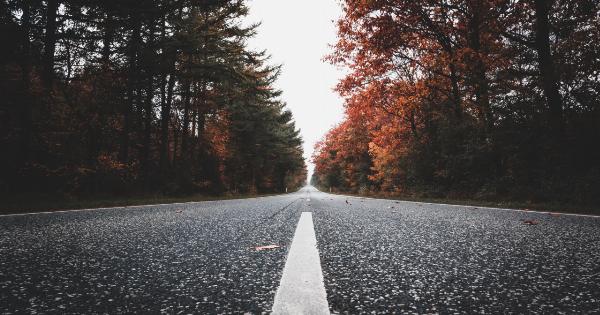Reflexology is a holistic therapy used for thousands of years to stimulate and balance the body’s energy flow and improve physical and mental health.
It involves applying pressure to specific points on the feet, hands, or ears that are believed to be connected to different parts of the body. Reflexology is safe and non-invasive, making it a popular alternative medicine practice. If you are interested in learning more about reflexology, here’s everything you need to know.
What is reflexology?
Reflexology is a complementary therapy that works on the principle that certain reflex points on the feet, hands, and ears correspond to different body parts.
By stimulating these reflex points through massage or pressure, energy flow is improved and the body’s natural healing process is activated. Reflexology practitioners believe it can help to restore balance and harmony to the body.
What are the benefits of reflexology?
Reflexology is believed to have many health benefits. Some of the most commonly reported benefits include:.
- Reducing stress and tension
- Improving circulation and lymphatic flow
- Relieving pain and discomfort
- Boosting the immune system
- Improving sleep and relaxation
- Enhancing overall wellbeing
How does reflexology work?
The theory behind reflexology is based on the idea that all of the organs, systems, and glands in the body are connected through a network of energy channels.
When these channels become blocked or disrupted, it can lead to imbalances in the body and various health problems. By applying pressure to specific reflex points, reflexology aims to clear these blockages and restore balance to the body’s energy flow.
What happens during a reflexology session?
During a reflexology session, you will typically be asked to remove your shoes and socks and sit or lie down on a comfortable chair or massage table.
The reflexologist will then apply pressure to various reflex points on your feet, hands, or ears using their fingers or a specialized tool. The pressure may be gentle or firm, depending on your preferences and needs. You may feel sensations such as warmth, tingling, or a dull ache during the session, which is normal.
Is reflexology safe?
Reflexology is generally considered safe when performed by a trained practitioner. It is non-invasive and does not use any drugs or instruments that could cause harm.
However, reflexology may not be suitable for everyone, particularly if you have certain medical conditions or injuries. It’s always a good idea to consult with your doctor before trying any new complementary therapies.
How often should I have reflexology?
How often you should have reflexology will depend on your individual needs and preferences. Some people find that weekly or monthly sessions are beneficial, while others may only need occasional treatments.
It’s important to listen to your body and give yourself time to rest and recover between sessions.
Who can benefit from reflexology?
Reflexology is suitable for people of all ages and backgrounds. It can be particularly beneficial for those who are experiencing stress, tension, and pain, as well as those who are looking to improve their overall wellbeing.
Reflexology may also be helpful for people with certain medical conditions, such as headaches, digestive issues, and menstrual problems. However, it should not be used as a substitute for medical treatment or advice.
What should I expect after a reflexology session?
After a reflexology session, you may feel relaxed, calm, and energized. Some people report feeling more thirsty than usual, so it’s important to drink plenty of water to help flush out toxins from the body.
You may also want to rest and take it easy for a while, especially if you have had a particularly intense session.
How can I learn more about reflexology?
If you are interested in learning more about reflexology, there are many resources available online and in your local community.
You may want to consider reading books or articles on the subject, attending workshops or classes, or even becoming a certified reflexology practitioner yourself.































